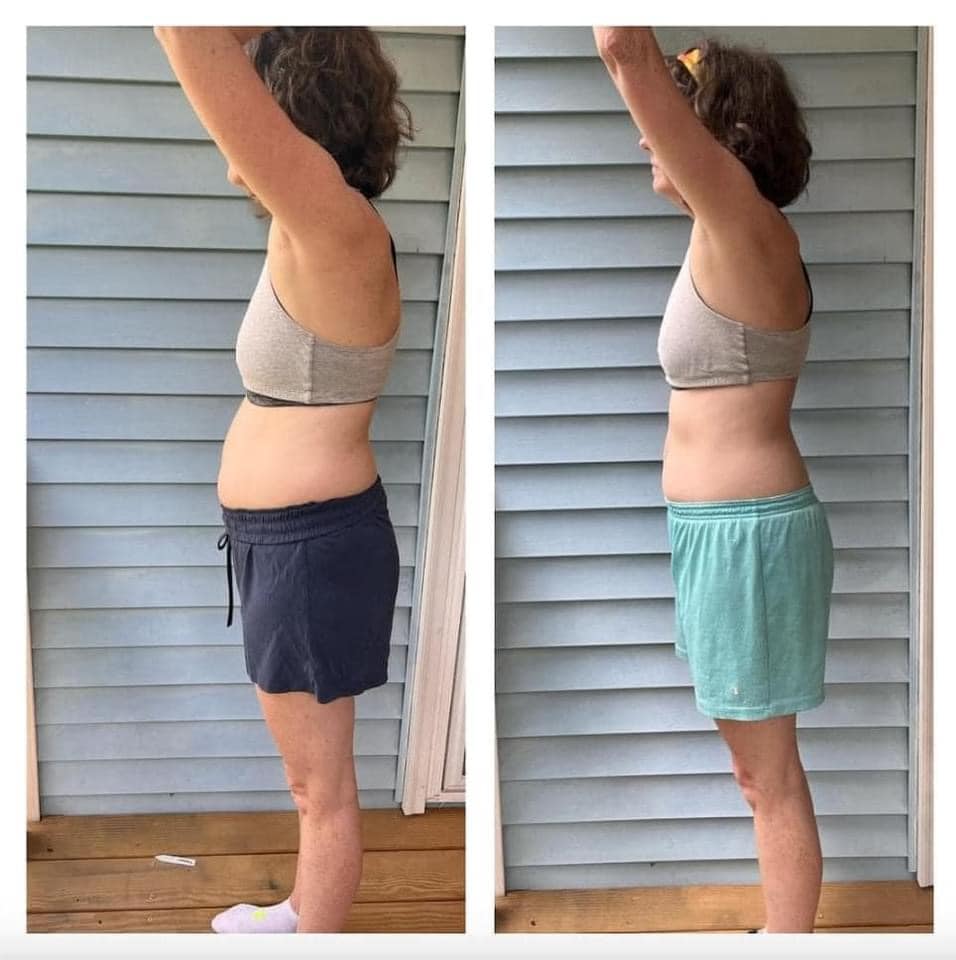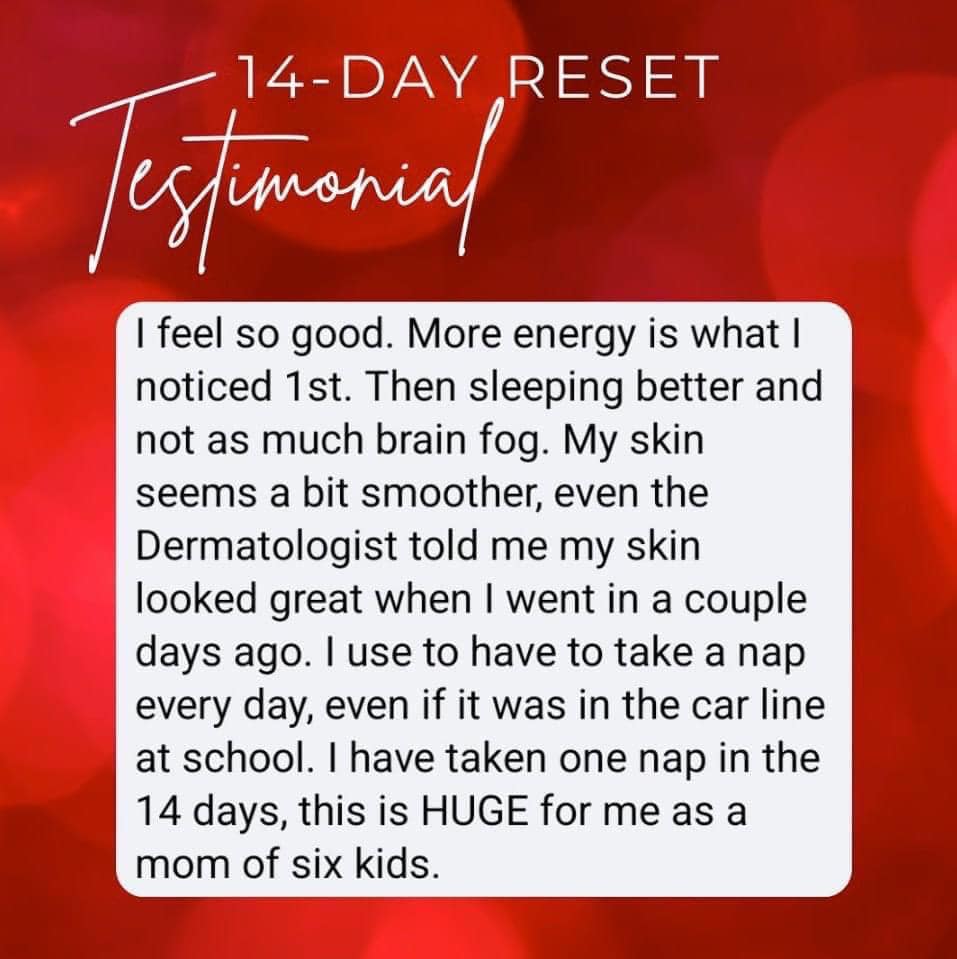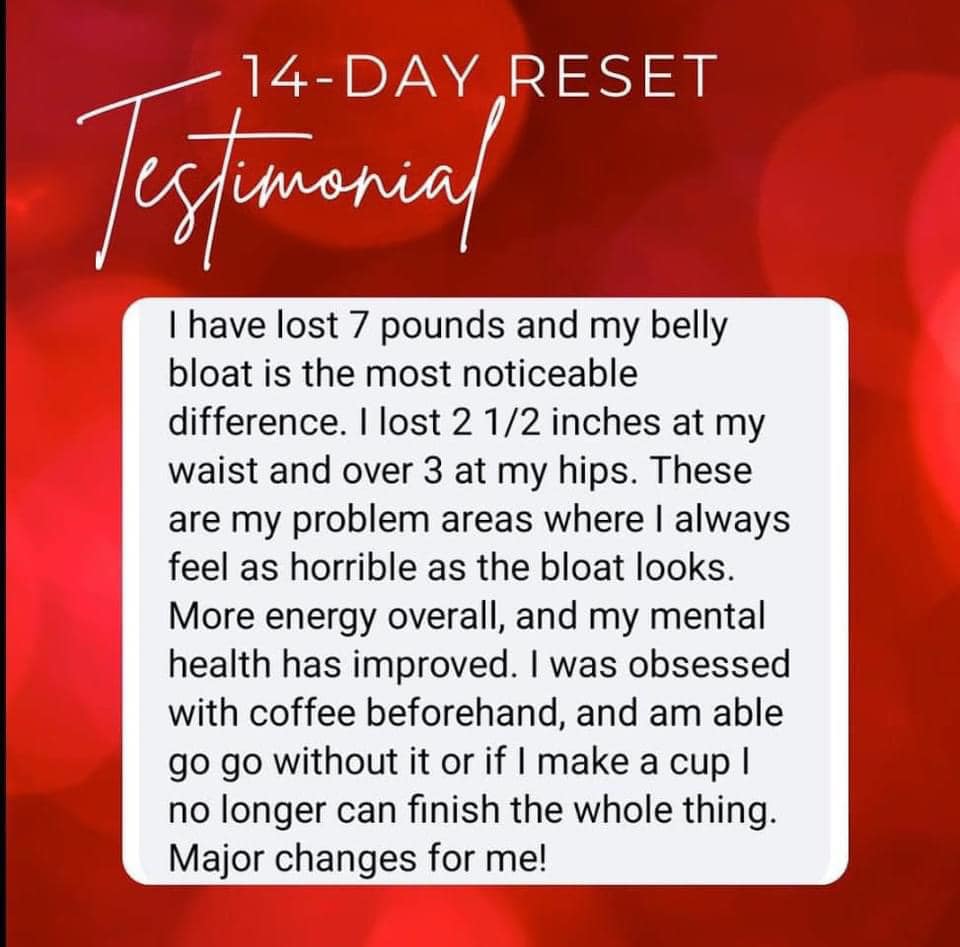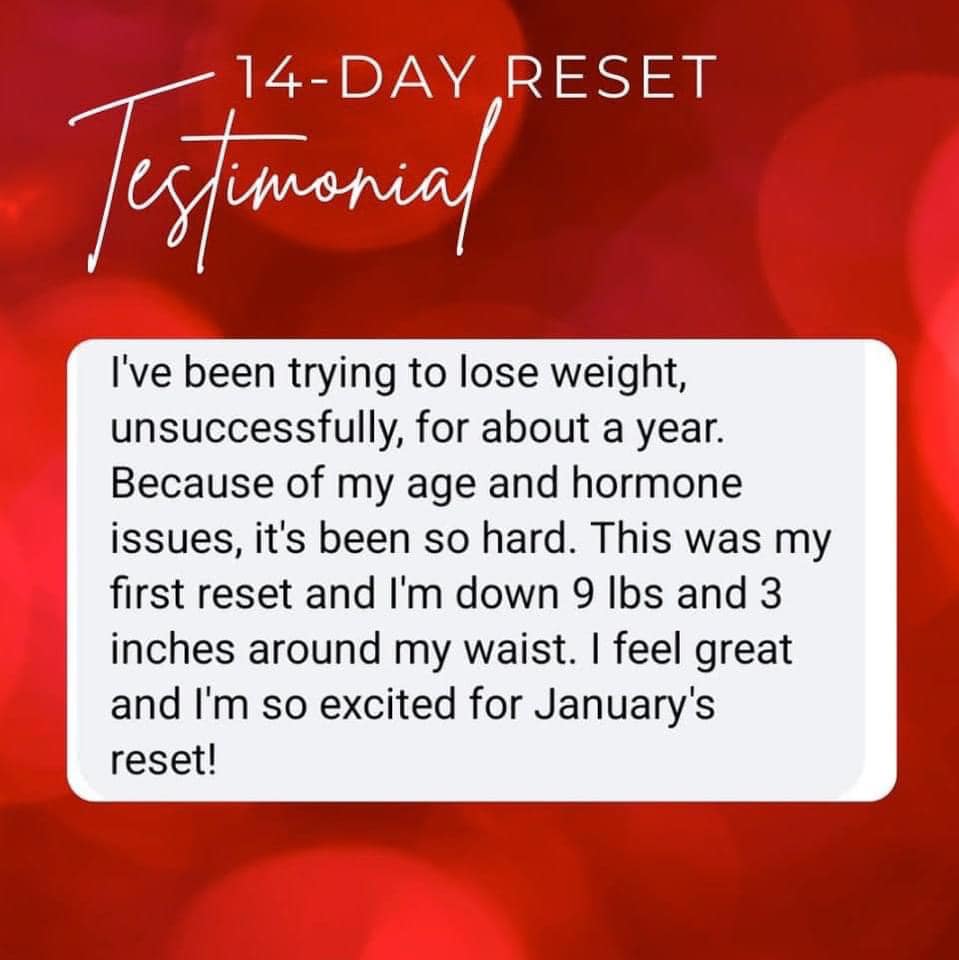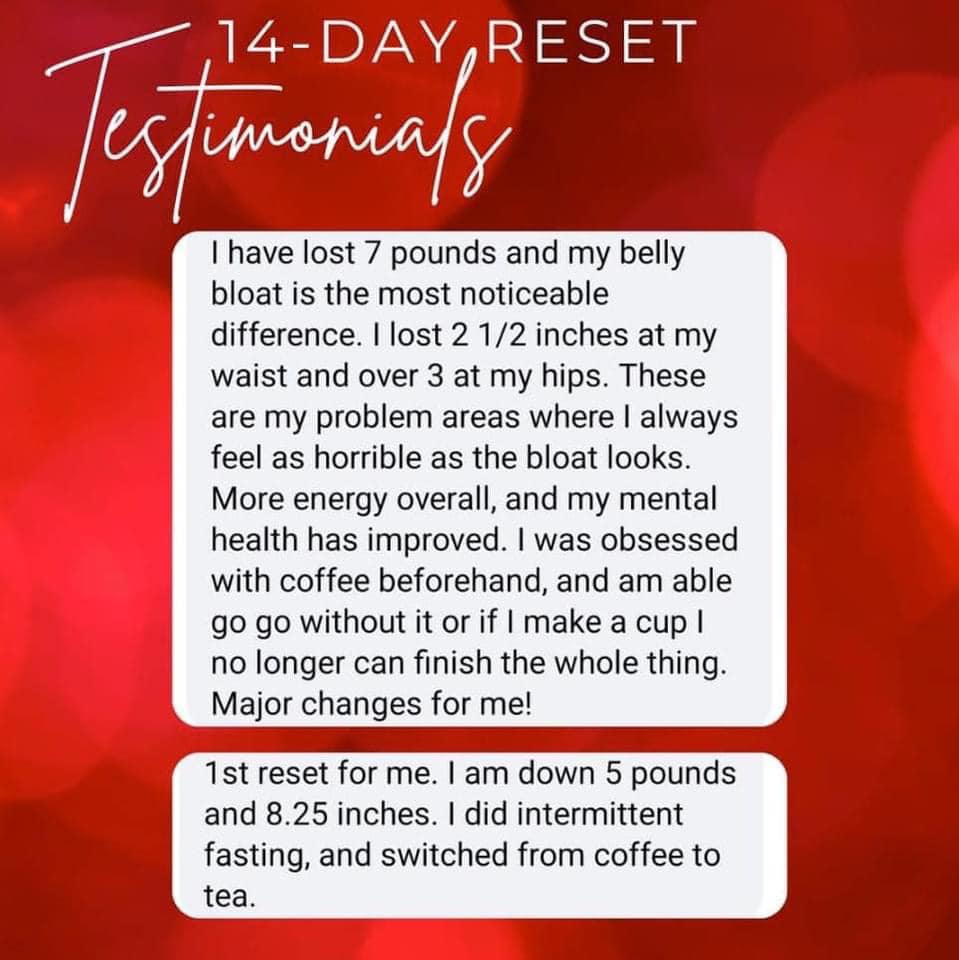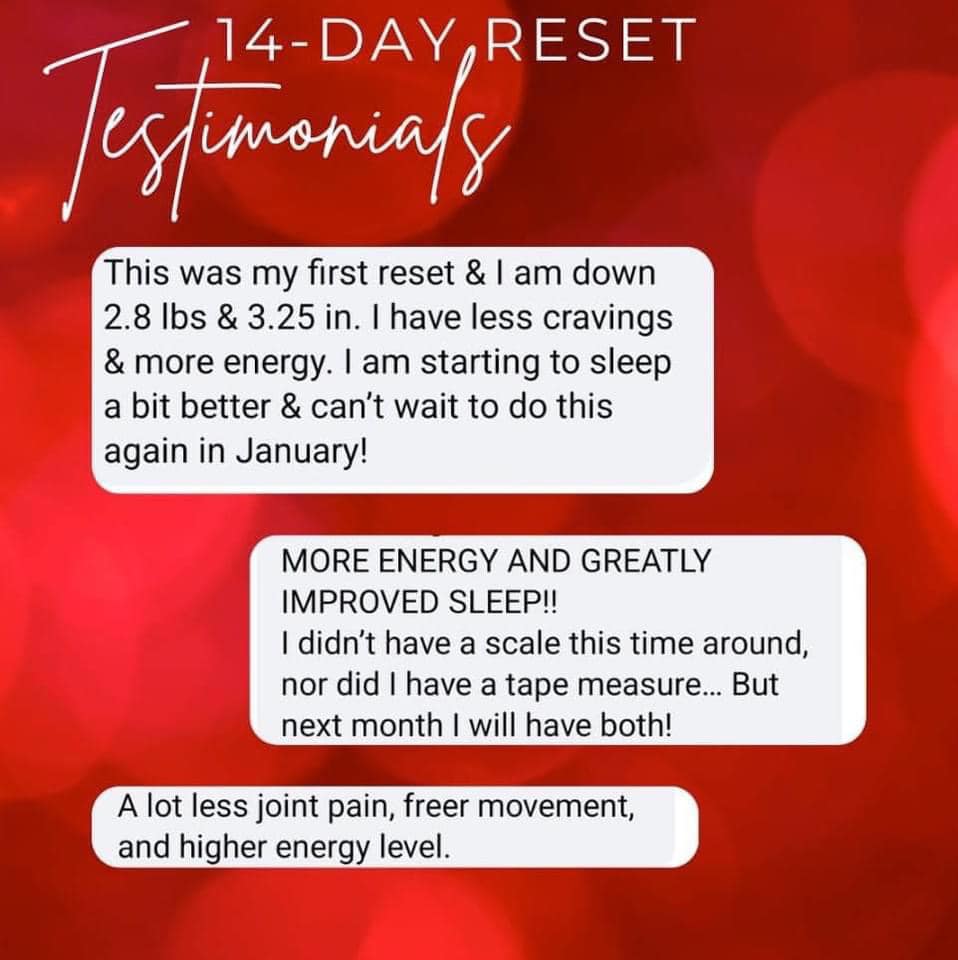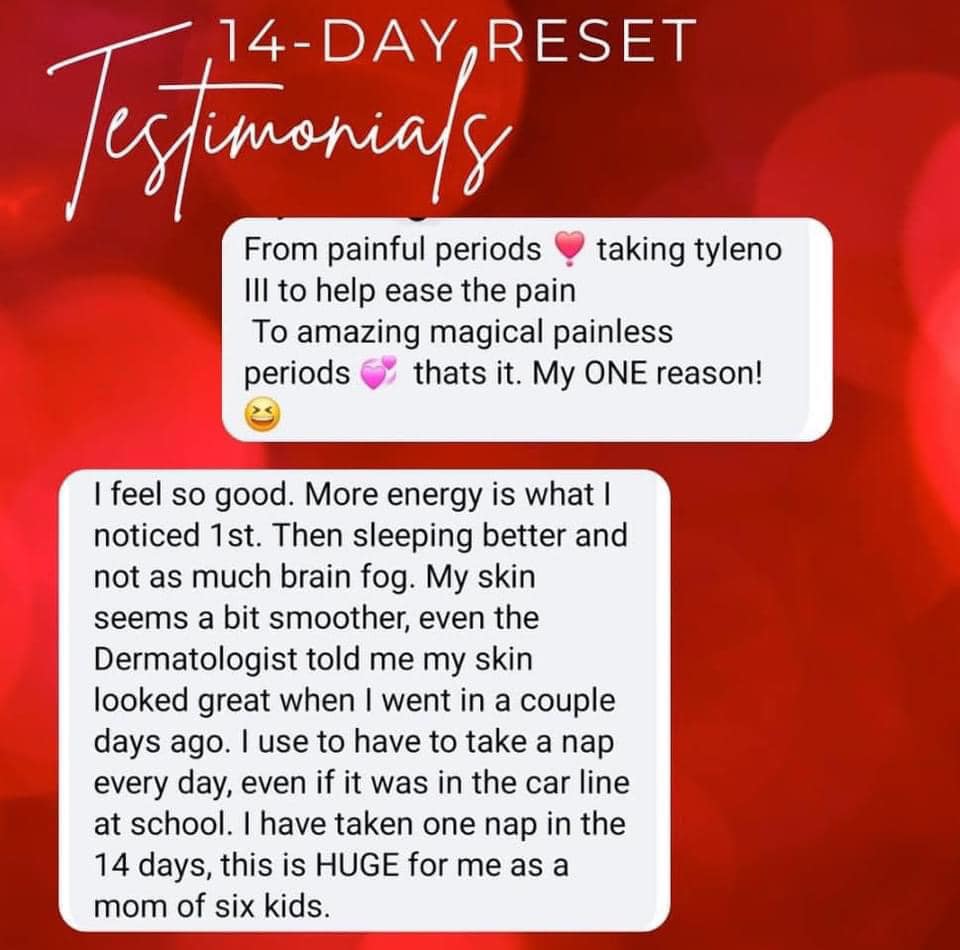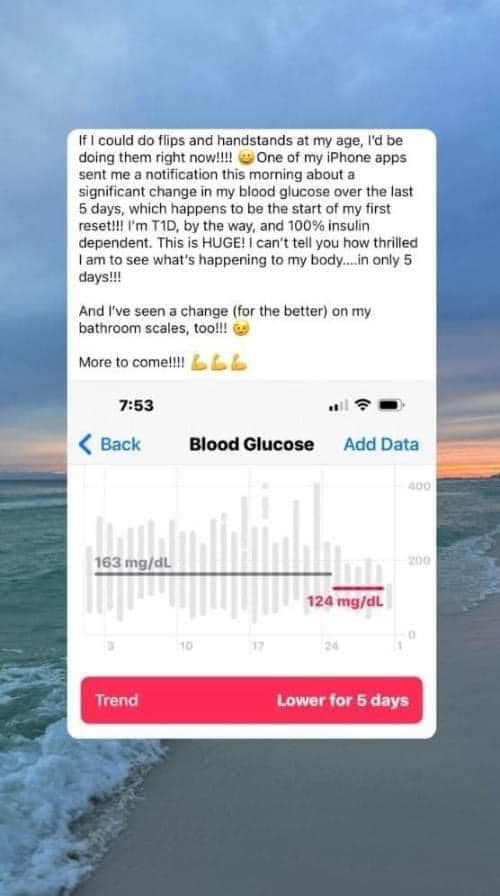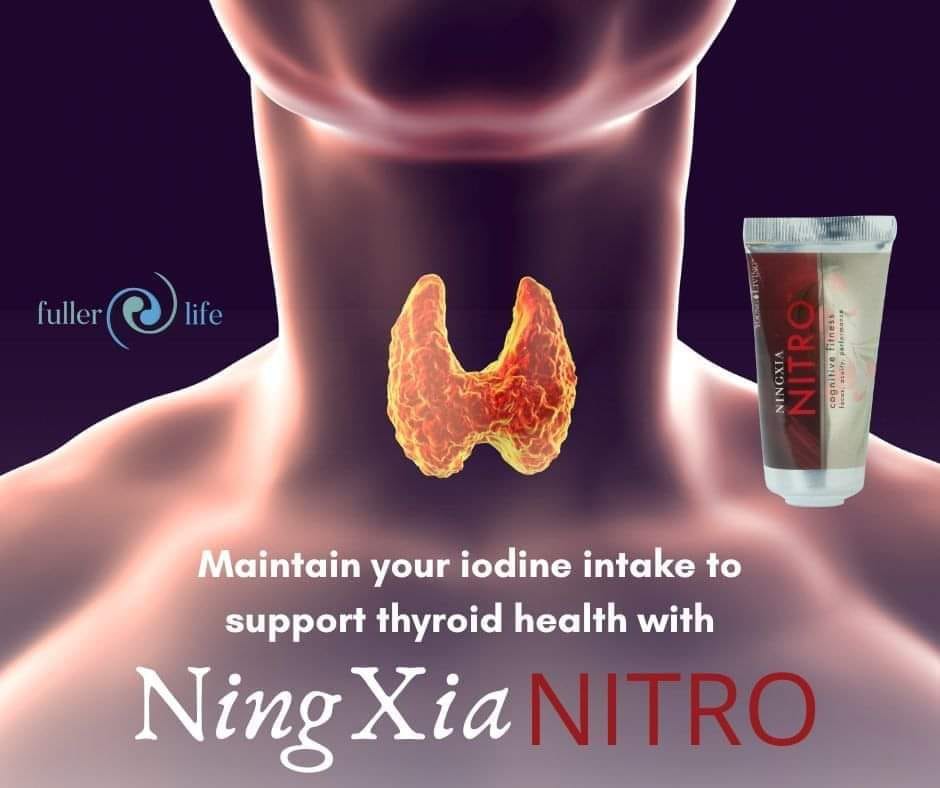Hey friends! 2024 is about to get real! Is resetting or ramping up your health one of the things on your 2024 bucket list?
We are seeing incredible testimonies come out of the 14-day reset (we’ve been doing them as a team YL for several months now ):
):
( And much more.)
If you have 102 ounces of NingXia you are ready to go.  If not, but you want to join in, grab some NingXia ( YL members, use your “shop order” and get $15 off using 15OFF promo code. If you don’t yet have an account but would like to give the reset a go…. use this link: https://bit.ly/14-Day-Reset and the code “SHAREYL” for 10% off your first order ).
If not, but you want to join in, grab some NingXia ( YL members, use your “shop order” and get $15 off using 15OFF promo code. If you don’t yet have an account but would like to give the reset a go…. use this link: https://bit.ly/14-Day-Reset and the code “SHAREYL” for 10% off your first order ).
I am adding a few links in the comments below to learn more about how this type of reset can completely transform your health in 2024. 
Have you done a reset yet? I’d love to hear your personal results!
Finally, there is a reset group zoom call this evening… (Thursday) December 28th at 7pm CST if you’d like to learn more about what a 14 day reset looks and feels like.
If “something’s got to change” has been rolling around in your mind….. the reset could be a game changer for you in 2024.
xoxo~ liz

